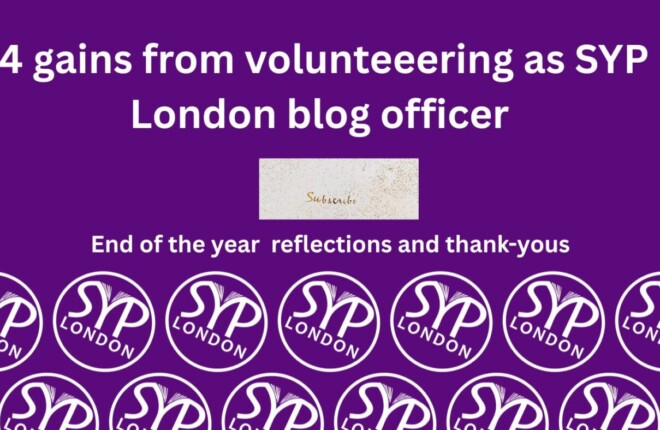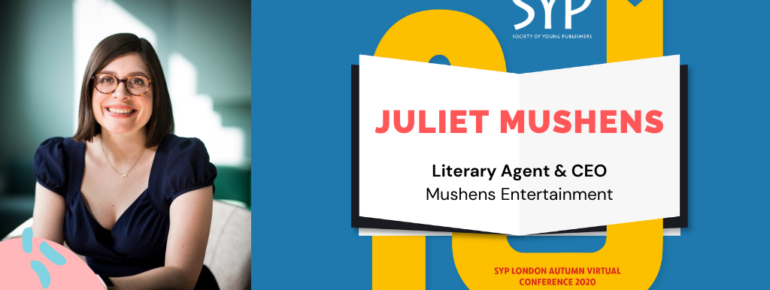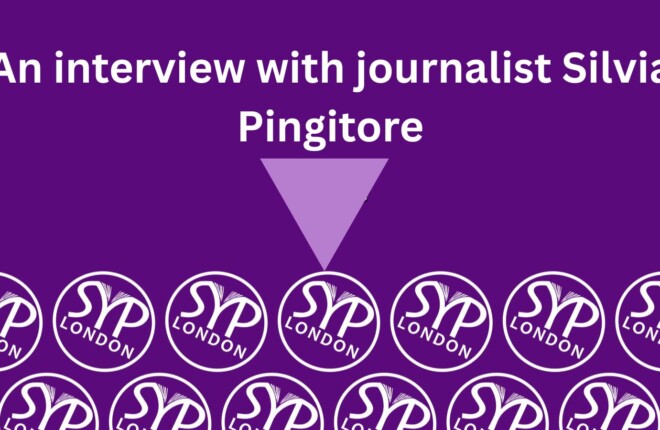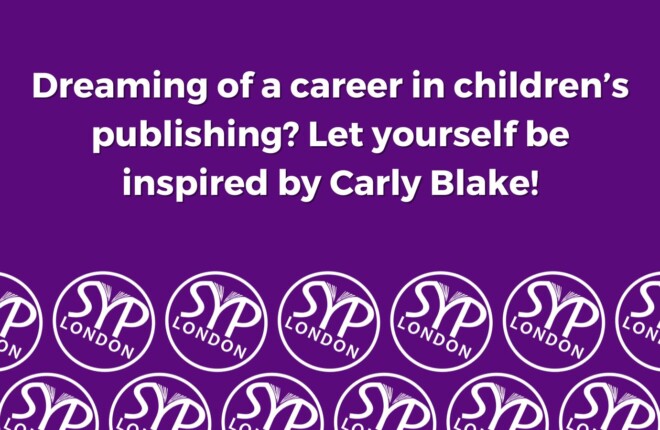
#SYPConf20: A department insight on… Literary Agents
Posted on November 11, 2020 in London

Juliet Mushens started her publishing career in 2008 at HarperCollins, and became an agent in 2011. She has been shortlisted for Literary Agent of the Year four times and is currently the number 1 ranked UK dealmaker on Publishers’ Marketplace. She represents a bestselling and critically acclaimed list, including million-copy no. 1 bestseller Jessie Burton, multi-million copy NY Times bestseller Taran Matharu, record-breaking no. 1 bestseller Richard Osman, and Sunday Times bestsellers Ali Land, Claire Douglas, Debbie Howells, Stacey Halls, Laura Lam and James Oswald. Her guide to YA creative writing was published by Hodder in 2015. You can find her on twitter as @mushenska and email her at juliet@mushens-entertainment.
What was your journey into the publishing industry?
My journey into the publishing industry started in 2008. HarperCollins were running a paid summer internship scheme in each department. I went for the Children’s Marketing role, and whilst I didn’t get the job, they passed my CV to the adult marketing department, who called me and offered me a month’s paid internship. During that time their marketing assistant had decided to leave, and they offered me a fulltime job. I worked there for a few years before deciding I actually wanted to work in an agency – I became an assistant to two agents, and over time worked my way up.
What is your current role? Please discuss how you decide which editors to send manuscripts to, and how closely you work with the editor.
I now run my own agency, Mushens Entertainment. There’s myself, Silé Edwards who represents non-fiction clients, and Liza DeBlock who assists me and is also developing her own list of authors. My job, in simple terms, is to act as the middle-man between authors and editors. I receive around 5,000 submissions a year and I decide which I want to take on, edit the novel with them, and then submit to publishers. A big part of why people want a literary agent is for our contacts. It’s my job to know exactly which editor at each publishing house to send a book to, whether that because I know they’re on the hunt for a particular genre, or they have a big gap in their publishing schedule and need something specific to fill it. Once I sell the book to the editor we work incredibly closely right the way through the process: from negotiating the contract, to cover briefs, editorial notes, marketing plans and more.
How has your job changed during COVID19?
Covid-19 has made one major change which I’m very happy about: we all use DocuSign now, and it’s far quicker than posting contracts all over the world and waiting for them to be counter-signed and fully-executed! I also have more time, I think: I used to spend a lot of time travelling to and from lunch meetings and coffees, and now those sort of conversations happen over Zoom. I do miss the face-to-face interaction but it means I have much less travel time.
Briefly discuss an author you have worked with that has exceeded all expectations:
I always enter into any author partnership with the hopes that the book will become a bestseller! And I’m lucky enough to have helped launch the career of major bestsellers like Taran Matharu, Jessie Burton, and Stacey Halls. Most recently, Richard Osman’s debut novel has broken all records and sold 45,000 hardbacks in its first three days on-sale. I’ve sold rights to it in 31 countries, and Spielberg bought the film rights. That was pretty cool.
Please discuss any difficulties you face in your role:
As well as breaking good news to authors I also have to break bad news: publishers rejecting a novel, sales figures not being so good, bad reviews… It can be emotionally taxing. My husband is a therapist and he often says he feels like I’m part-therapist too! People often think of agenting as sitting around reading manuscripts all day but in reality it’s very close to the business-end of proceedings: the commission I make is what pays the office rent, agency salaries, etc, so you have to have a head for numbers and the ability to negotiate. In my personal life I avoid confrontation like the plague, but often my job is about me asking difficult questions or having hard conversations.




 Listen to the podcast
Listen to the podcast  Explore the Youtube channel
Explore the Youtube channel